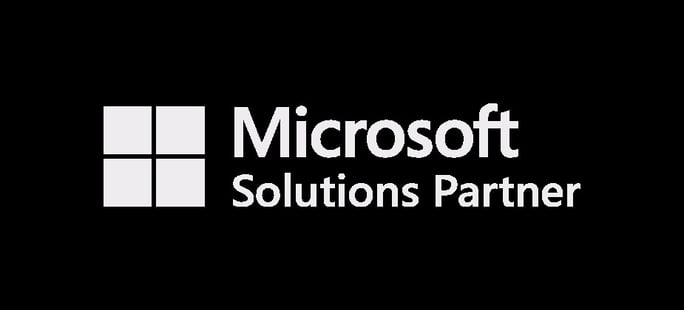PREVIEW: WHAT SMALL BUSINESS LEADERS NEED TO KNOW ABOUT CYBERSECURITY
A misconception that many organizations have is that hackers are not interested in targeting small businesses. The opposite is true.
58% of security breaches happen to small businesses, and many don't have the resources to survive the financial and reputational damage a breach may cause. Hackers continuously monitor the entire market for areas of vulnerabilities and often target smaller companies precisely because they know those businesses have underinvested in cybersecurity.
It’s also worth considering that cybercriminals will bring the same level of sophistication to attacking an SMB company as they do a large Fortune 500 enterprise—and because the first phase of the hacking process is automated, they will come at your company just as hard.
CHAPTER 1: WHY HYBRID WORK MAKES YOUR SMALL BUSINESS A BIG TARGET
With data moving to the cloud and increased mobile access, small businesses now have more mobile devices and employees are working from more locations. While that’s good news for employees who can access this data wherever they choose to work, it also means you have more points of risk to think about.
CHAPTER 2: WHAT THE NEW CYBERCRIME ECONOMY MEANS FOR SMALL BUSINESSES
Cybercriminals are highly motivated because they know there is a lot of money to be made at your expense. It used to be that only attackers with advanced cybersecurity skills could pose a threat to your business. These days, all of the building blocks of a successful attack can be purchased online just about as easily as you can order dinner.
CHAPTER 3: WHY HIRING IT TALENT IS HARDER THAN EVER BEFORE
We’ve hit a time where the cost and difficulty of recruiting IT resources, combined with the inevitable gaps in security posture created by a forced adjustment to hybrid work, leaves small businesses especially vulnerable (not to mention, cyberattacks are at an all-time high).


